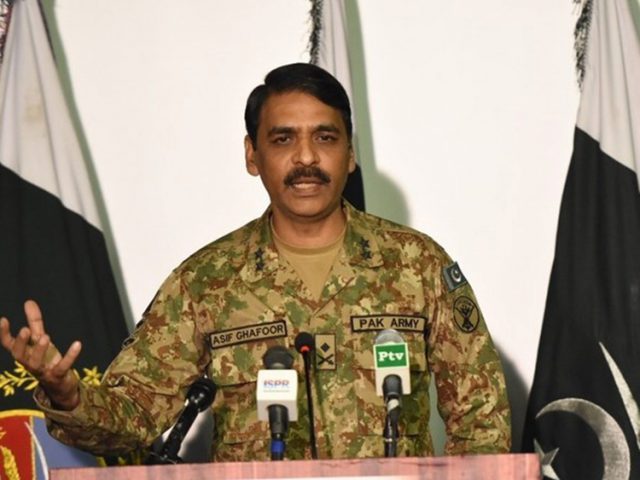News Analysis |
Pakistan has decided to take action against all banned organizations operating in the country. According to details, Foreign Office (FO) Spokesperson Dr. Mohammad Faisal announced issuance of the UNSC (Freezing and Seizure) Order, 2019, which is in accordance with the provisions of Pakistan’s UNSC Act of 1948. The government has also decided to take control over “All kinds of assets and properties of all [banned] organizations”.
Pakistan has banned many organizations like Sipah-i-Sahaba (SSP), Ahle Sunnat Wal Jamaat (ASWJ), Lashkar-e-Jhangvi (LeJ), Tehreek-e-Taliban Pakistan (TTP), Tehreek-e-Taliban Swat, Tehrik-e-Nifaz-e-Shariat-e-Mohammadi and Jamat-ul-Ahrar in the past for their involvement in extremism and promotion of terrorism in the country.
Some organizations use different covers to collect money (Zakat) and help out people during their difficult times. It has been one of the major tools of seeking social approval and getting financial aid to run the organizations in Pakistan.
Experts believe that such organizations have although been banned by the government yet are actively promoting their agenda on social media. According to a study carried out by Dawn, Pakistan’s English language newspaper, 41 of 64 banned organizations are actively present on social media and running their campaigns. The biggest outfits on the social network, in order of size, are ASWJ with 200 pages and groups, Jeay Sindh Muttahida Mahaz (JSMM) with 160, SSP with 148, Baloch Student Organisation Azad (BSO-A) with 54 and Sipah-e-Muhammad with 45.

Source: Dawn, 2017.
However, the government took certain actions against such banned outfits after media reported about their widespread presence on social media.
Read more: Masood Azhar: Indian media making a fool of itself, again
Furthermore, in yesterday’s press briefing, the FO spokesperson also made it clear that the federal government will now seize the charity wings and ambulances of such banned outfits. “The objective of the [order] is to streamline the procedure for implementation of Security Council Sanctions against designated individuals and entities,” according to the FO spokesperson.
Some organizations use different covers to collect money (Zakat) and help out people during their difficult times. It has been one of the major tools of seeking social approval and getting financial aid to run the organizations in Pakistan. The present government has taken an exception and decided to take control over the ‘humanitarian wing’ of the banned organizations as well.
Moreover, it is important to mention here that the UN Charter authorizes the UNSC to decide measures, “not involving the use of armed force”, that governments should implement to give effect to the council’s decisions for the maintenance of international peace and security. In Pakistan, such decisions of the UNSC are implemented through the UNSC Act, 1948.
There is a widely held belief that since the Pulwama tragedy which claimed the lives of more than 40 India soldiers, Pakistan has been under international pressure to take action against the chief of JeM and other banned organizations.
Furthermore, Dr.Faisal also clarified that the government has formulated the UNSC (Freezing and Seizure) Order, 2019 in line with the standards of the UNSC and Paris-based Financial Action Task Force (FATF).
As a matter of fact, last month the government issued an order to ban Jamaatud Dawa (JuD) and its charity wing Falah-e-Insaniat Foundation (FIF) and also took control of the seminary which belongs to Jaish-e-Muhammad (JeM).
There is a widely held belief that since the Pulwama tragedy which claimed the lives of more than 40 India soldiers, Pakistan has been under international pressure to take action against the chief of JeM and other banned organizations. It is also important to note that FATF is going to meet after two months where the decision to de-list Pakistan from the gray list is expected. Therefore, the government in Pakistan is taking some serious actions against proscribed organizations.
Read more: JuD, FIF no longer on list of banned organisations
There are also some experts who believe that Prime Minister Imran Khan has a clear vision about extremism and terrorism in Pakistan. He has made it clear that nobody can challenge the writ of the state no matter what happens. Hence, all actions being taken at the moments are a clear manifestation of PM Khan’s vision to make Pakistan welfare and peaceful state, they added. Both PM Khan’s critics and admirers praised him for his bold decisions to curb extremism and religious fanaticism from Pakistan.














